15 Best Food to Boost Your Brain Memory (+ Smoothie Recipe )
This article will delve into the scientific evidence behind 15 powerful brain-boosting foods that can help you sharpen your memory, enhance focus, and protect your brain cells for years to come. We’ll explore how these nutrient-dense foods combat oxidative stress, improve blood flow, and provide essential nutrients to keep your brain firing on all cylinders.
The Science Behind Brain Health and Nutrition
Before we dive into our list, let’s understand why nutrition is so vital for cognitive health. Our brain, though only about 2% of our body weight, consumes roughly 20% of our body’s energy and oxygen. It’s a complex organ comprising billions of nerve cells that constantly communicate. For optimal cognitive performance, these brain cells require a steady supply of specific nutrients.

Many of the foods we’ll discuss are rich in antioxidants, which combat free radicals – unstable molecules that can cause oxidative damage to brain cells, contributing to cognitive impairment and neurodegenerative diseases like Alzheimer’s disease and Parkinson’s disease. Other key players include fatty acids, especially omega-3s, which are crucial building blocks for cell membranes and play a major role in brain development and function. Vitamins, particularly B vitamins, vitamin C, vitamin E, and vitamin K, also perform vital roles in various brain processes, from neurotransmitter production to protecting against chronic inflammation.
By incorporating these best brain foods into your daily diet, you’re not just eating for your body; you’re specifically nourishing your mind.
The 15 Best Foods to Boost Your Memory
Ready to upgrade your brain’s fuel? Here are 15 excellent brain foods that deserve a prime spot in your balanced diet:
1. Fatty Fish (Oily Fish)
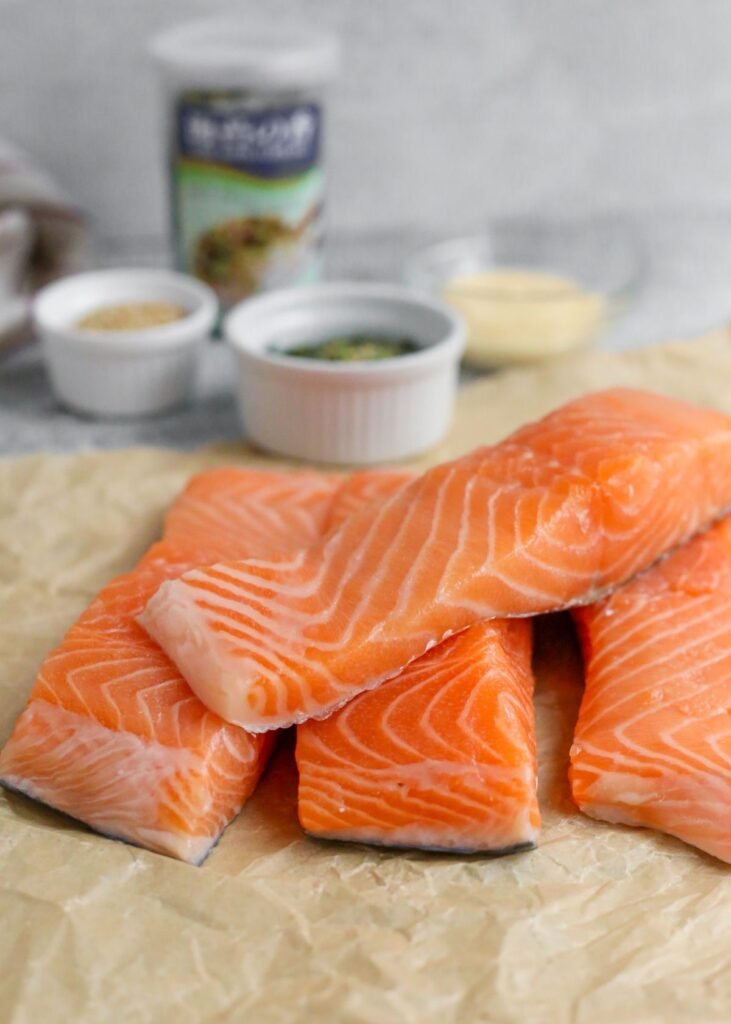
When it comes to brain-boosting foods, fatty fish like salmon, mackerel, tuna, and sardines are at the top of the list. They are incredibly rich in omega-3 fatty acids, particularly DHA (docosahexaenoic acid) and EPA (eicosapentaenoic acid). These healthy fats are essential building blocks of brain cells and are crucial for the formation of new memories. Studies have shown that a higher intake of omega-3s is linked to improved cognitive function and a reduced risk of age-related cognitive decline and Alzheimer’s disease. Omega-3s also possess anti-inflammatory properties, which can protect the brain from chronic inflammation.
2. Berries (Especially Blueberries)
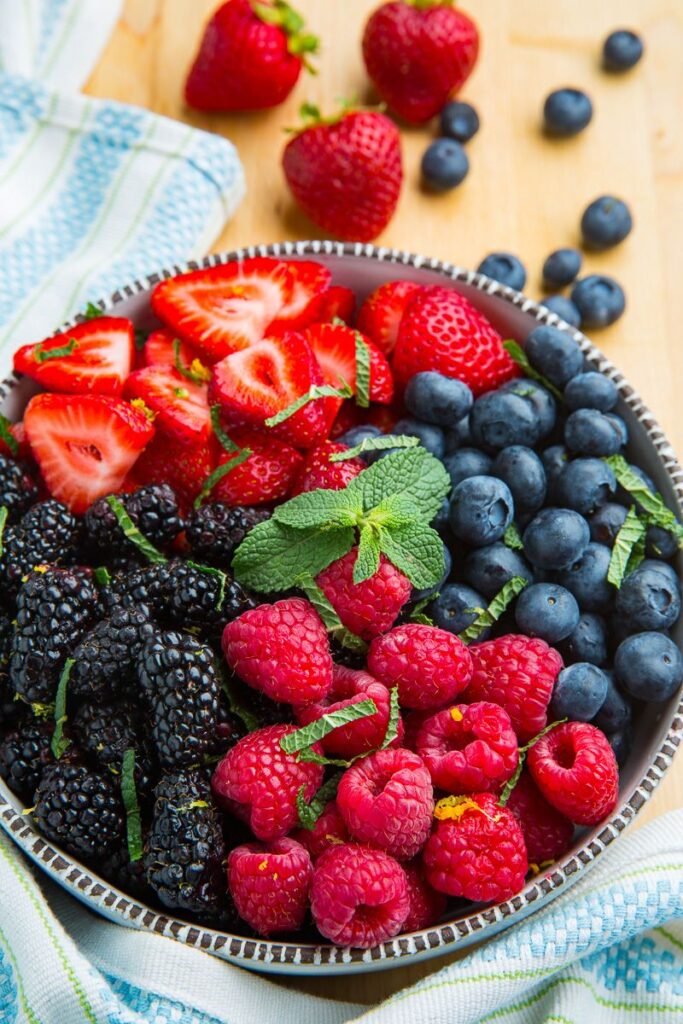
These vibrant fruits are packed with flavonoid antioxidants, particularly anthocyanins, which give them their rich color. These powerful antioxidants help reduce oxidative stress and inflammation, both of which can contribute to memory loss. Recent research suggests that blueberries, often hailed as one of the best food for brain health, can improve communication between brain cells and enhance brain plasticity, aiding in the formation of new memories. Strawberries, blackberries, and raspberries also offer significant brain health benefits due to their high levels of antioxidants.
3. Leafy Green Vegetables (Leafy Greens)
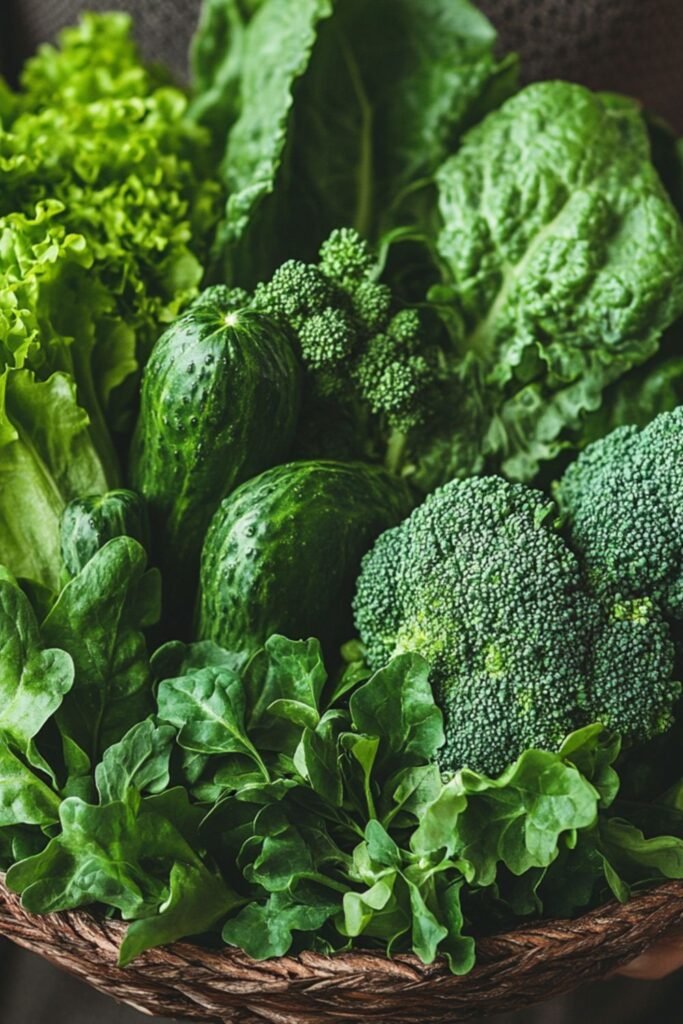
It’s no secret that leafy green vegetables are a cornerstone of a healthy diet, and their benefits extend significantly to brain health. Spinach, kale, collard greens, and broccoli are abundant in vitamin K, lutein, folate, and beta-carotene. Vitamin K is essential for the formation of sphingolipids, a type of fat that is densely packed into brain cells. Folate (a B vitamin) is crucial for neurological function and can help prevent cognitive impairment. The high levels of antioxidants in these green leafy vegetables also protect the brain from oxidative damage and reduce chronic inflammation, contributing to improved cognitive abilities as we age.
4. Nuts and Seeds (Walnuts, Almonds, Pumpkin Seeds, Sunflower Seeds)
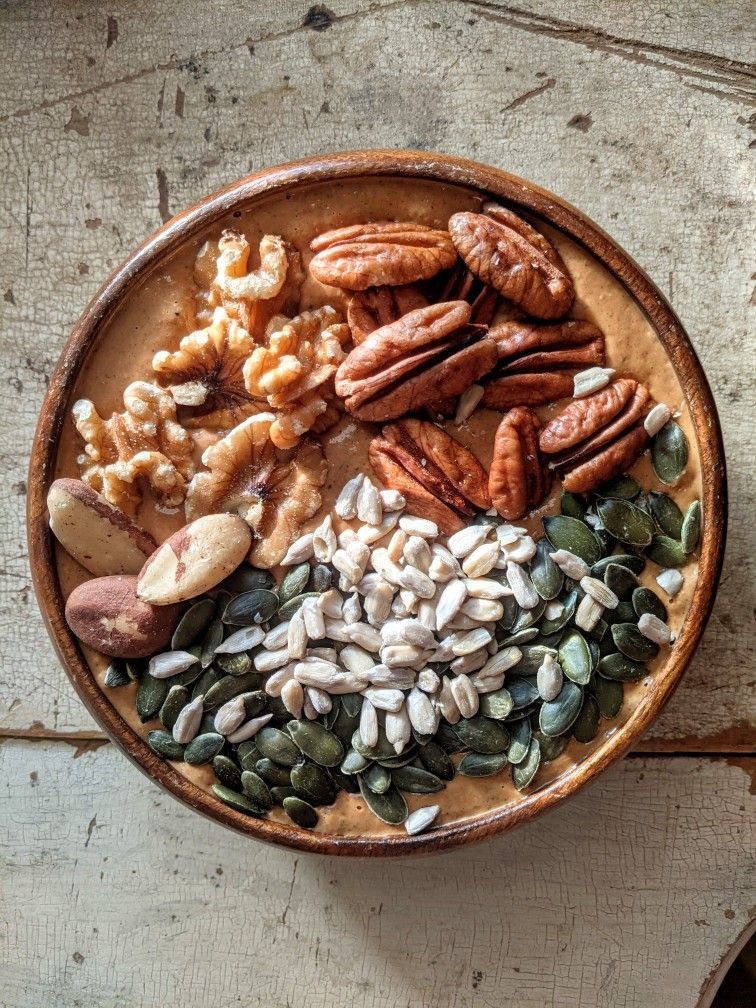
A handful of nuts and seeds makes for an excellent brain food snack. Walnuts, in particular, are rich in omega-3 fatty acids (specifically alpha-linolenic acid or ALA), vitamin E, and other antioxidants. Vitamin E is a powerful antioxidant that protects cell membranes from free radical damage, potentially slowing cognitive decline. Pumpkin seeds are a good source of zinc, magnesium, copper, and iron, all vital for brain function. Zinc is crucial for nerve signaling, while magnesium supports learning and memory. Sunflower seeds are packed with vitamin E and choline, a precursor to acetylcholine, a neurotransmitter important for memory.
READ MORE: What to Eat for Your Gut Health? [ Gut-healing Guide ]
5. Dark Chocolate (Organic Cacao)
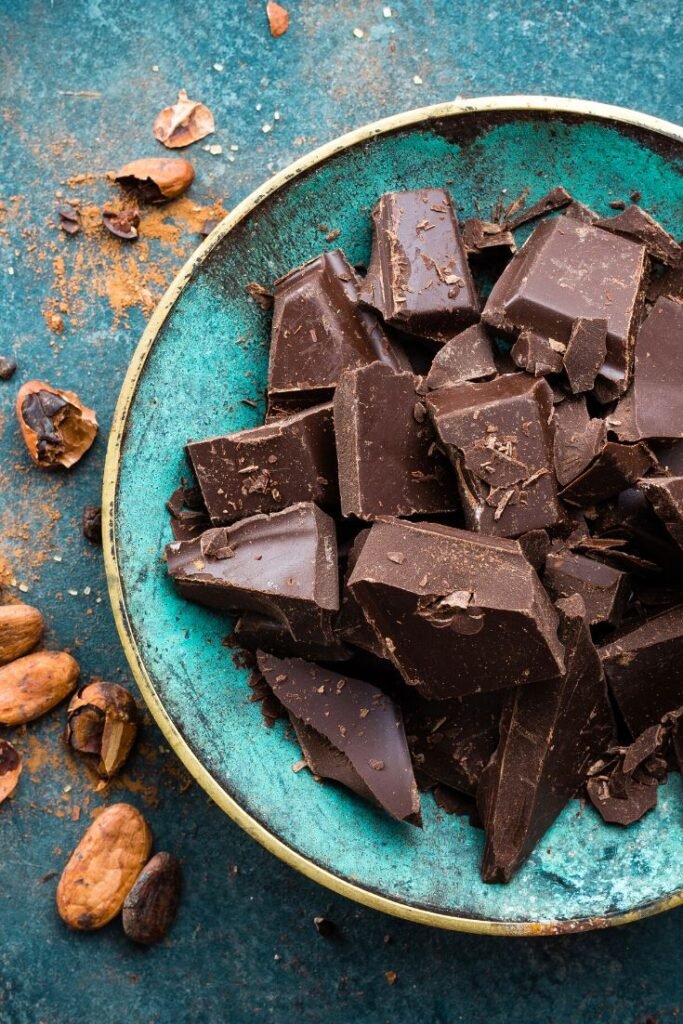
This is great news for chocolate lovers! Dark chocolate, especially varieties with a high percentage of organic cacao (70% or more), is loaded with flavonoid antioxidants, caffeine, and other beneficial compounds. Flavonoids can improve blood flow to the brain, enhancing cognitive function and memory. The active ingredient in chocolate, cocoa, also contains stimulants like caffeine and theobromine, which can temporarily boost brain power and improve mental function. Choose dark chocolate with minimal sugar for the best health benefits.
6. Avocados
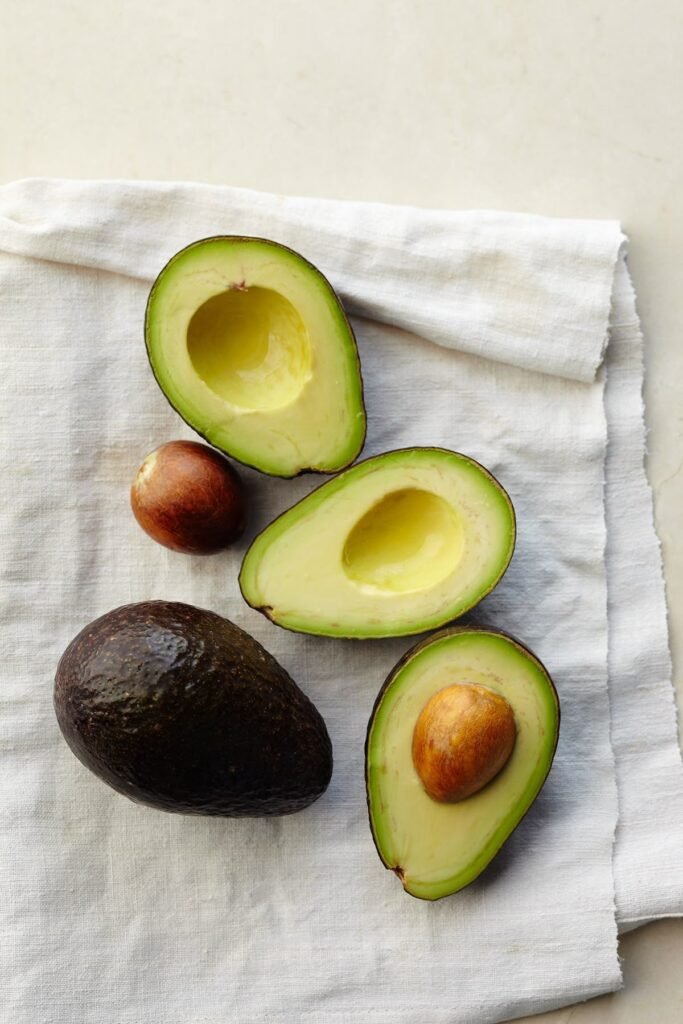
Avocados are an excellent source of monounsaturated fats, which are healthy fats that promote healthy blood flow to the brain. Improved blood flow means your brain receives a steady supply of oxygen and essential nutrients, which is vital for optimal cognitive performance. They also contain vitamin K and folate, both of which help protect against cognitive decline and improve memory. While high in calories, a moderate amount of avocado in your daily diet offers significant brain-boosting benefits.
7. Eggs (Especially Egg Yolks)

Eggs, particularly the yolks, are a powerhouse of essential nutrients for brain health. They are an excellent source of choline, a precursor to acetylcholine, a neurotransmitter critical for memory and mood regulation. Egg yolks also contain lutein and zeaxanthin, carotenoids that can improve cognitive ability and protect the eyes. Furthermore, eggs provide B vitamins (B6, B12, and folic acid), which are vital for reducing homocysteine levels in the blood, an amino acid linked to cognitive impairment and an increased risk of Alzheimer’s disease.
8. Green Tea

More than just a refreshing beverage, green tea is celebrated for its brain-boosting properties. It contains caffeine, which can improve alertness, performance, and memory. However, the true stars are L-theanine and catechins. L-theanine promotes relaxation without drowsiness and can enhance alpha brain wave activity, leading to improved focus. Catechins, particularly EGCG (epigallocatechin gallate), are powerful antioxidants that protect the brain from oxidative damage and may improve memory by stimulating the production of new brain cells.
9. Whole Grains (Brown Rice, Oats, Whole-Wheat Bread)
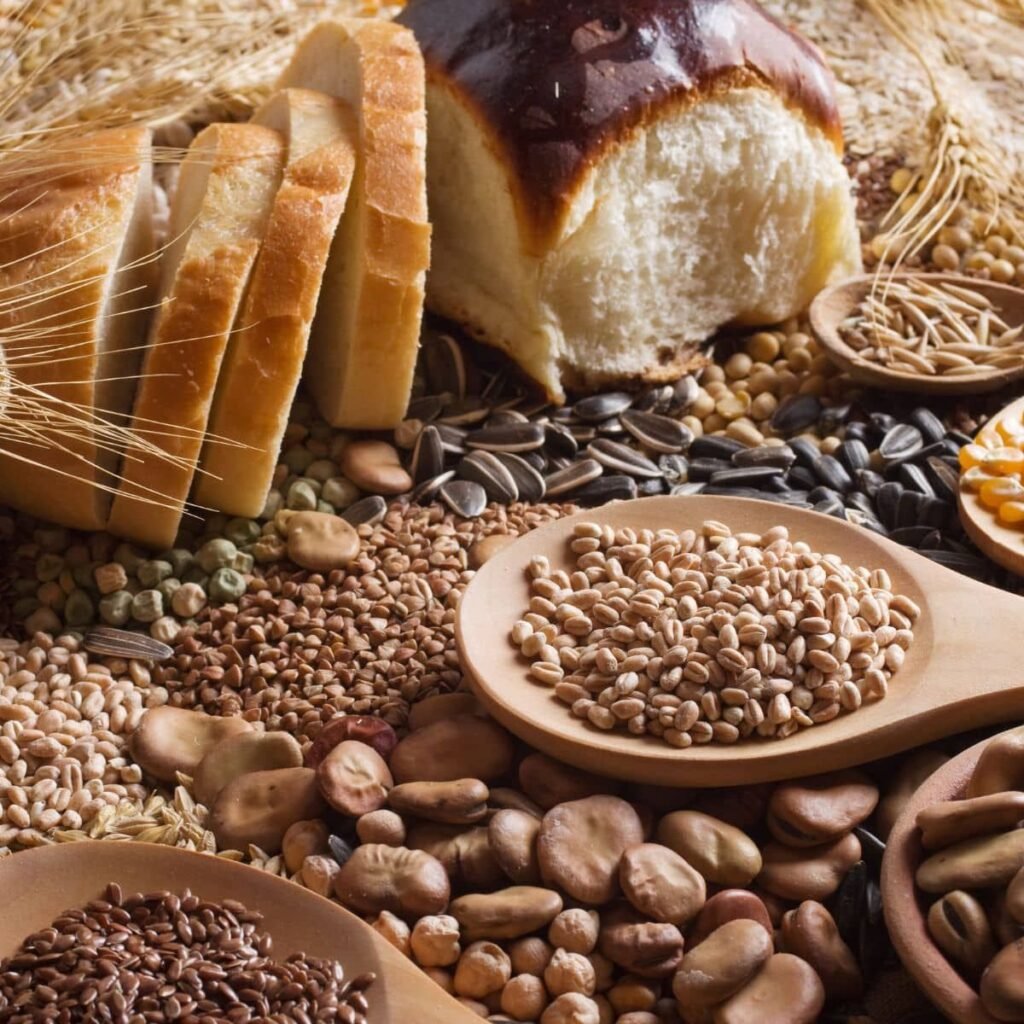
Our brains need a constant supply of glucose for energy, and whole grains are the best way to provide this steadily. Unlike refined carbohydrates that cause blood sugar spikes, whole grains (like brown rice, oats, and whole-wheat bread) release glucose slowly into the bloodstream. This sustained energy supply ensures optimal cognitive function, preventing “brain fog” and maintaining focus throughout the day. They are also good sources of B vitamins, which play a crucial role in energy production and nerve cell function.
READ MORE: 30-day Anti-Inflammatory Diet Plan [100% Efficient Tips]
10. Broccoli
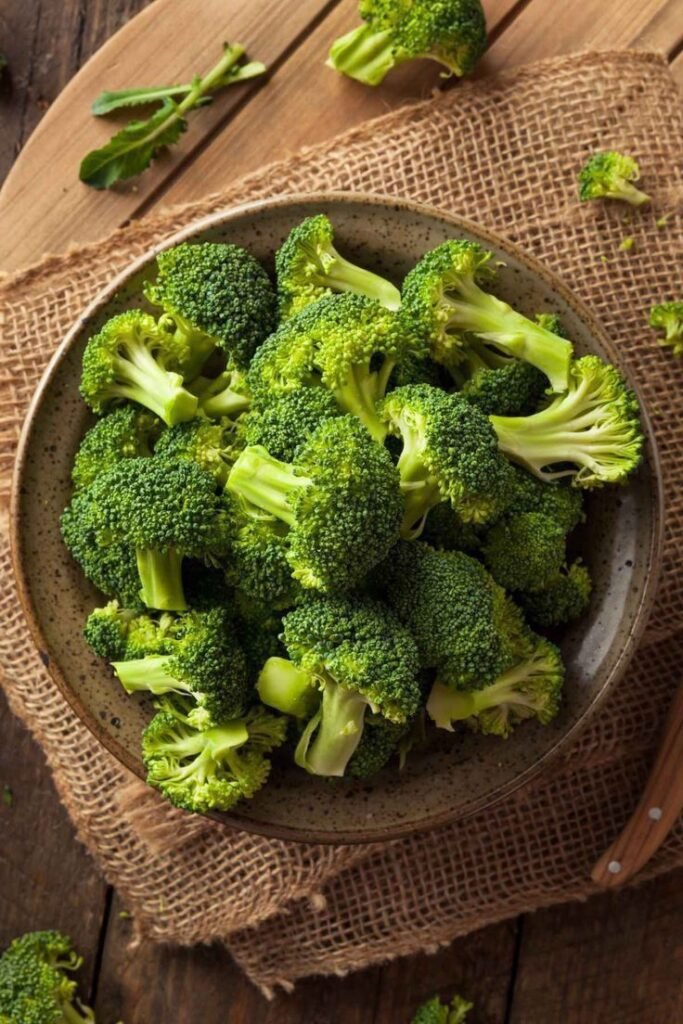
This cruciferous powerhouse is packed with vitamin K, a crucial nutrient for cognitive health. As mentioned earlier, vitamin K is essential for the formation of sphingolipids, fats that are packed into brain cells. Broccoli also boasts a high concentration of sulforaphane and other compounds with potent anti-inflammatory properties and high levels of antioxidants, offering protection against oxidative damage and supporting overall cognitive health.
11. Turmeric

This golden spice, widely used in traditional medicine, contains curcumin, a powerful antioxidant and anti-inflammatory compound. Recent research suggests that curcumin can cross the blood-brain barrier and has positive effects on brain health. It may improve memory and cognitive function by increasing levels of brain-derived neurotrophic factor (BDNF), a growth hormone that supports the survival of existing brain cells and encourages the growth of new ones. Turmeric also helps reduce chronic inflammation and oxidative stress, both linked to cognitive decline.
12. Oranges (and other Citrus Fruits)

Oranges are an excellent source of vitamin C, a powerful antioxidant that helps protect the brain from free radical damage and oxidative stress. Vitamin C is also crucial for the production of neurotransmitters and plays a vital role in maintaining overall brain health. Studies indicate that higher vitamin C intake is associated with improved cognitive performance and a reduced risk of age-related cognitive impairment. Other citrus fruits like grapefruit, lemons, and limes also offer similar benefits.
13. Legumes (Beans, Lentils)
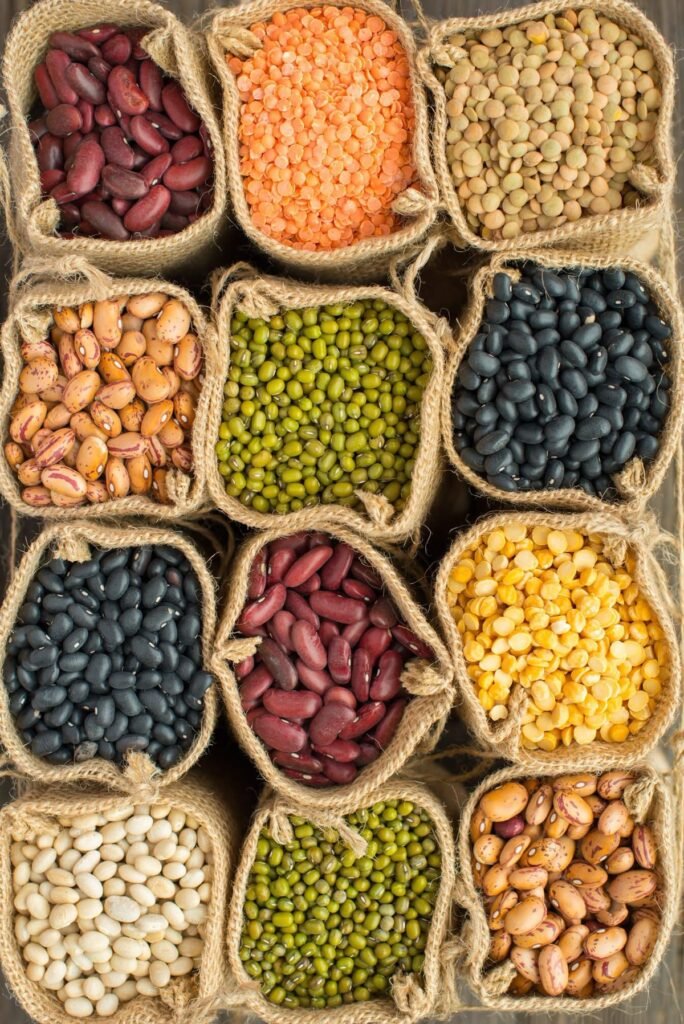
Legumes are a fantastic source of complex carbohydrates, fiber, and B vitamins, particularly folate. As we’ve discussed, B vitamins are crucial for brain function, supporting energy production and the synthesis of neurotransmitters. The sustained energy release from complex carbohydrates helps maintain stable blood sugar levels, which is essential for consistent brain power and focus. Legumes also provide a good source of lean protein and amino acids, vital for brain development and repair.
14. Olive Oil (Extra Virgin Olive Oil)

A cornerstone of the Mediterranean diet, extra virgin olive oil is rich in monounsaturated fats and polyphenols, which are powerful antioxidants. These compounds help protect brain cells from oxidative damage and inflammation. Research suggests that olive oil can improve learning and memory, and may even offer protection against Alzheimer’s disease. The healthy fats in olive oil also support healthy blood flow to the brain, ensuring a steady supply of nutrients.
15. Bone Broth

While perhaps less conventional than other items on this list, bone broth is gaining recognition for its potential brain benefits. It’s rich in amino acids like glycine, proline, and glutamine, which support gut health. A healthy gut is increasingly recognized as being intrinsically linked to brain health through the gut-brain axis. Bone broth also provides essential minerals that can support overall neurological function. While more research is needed, it’s a good option to consider for holistic wellness.
The “Memory Marvel” Brain-Boosting Smoothie
Kickstart your day and nourish your mind with this vibrant and delicious smoothie, packed with ingredients known to support brain health and memory. This “Memory Marvel” smoothie is not only tasty but also incredibly easy to make, making it a perfect addition to your daily routine.
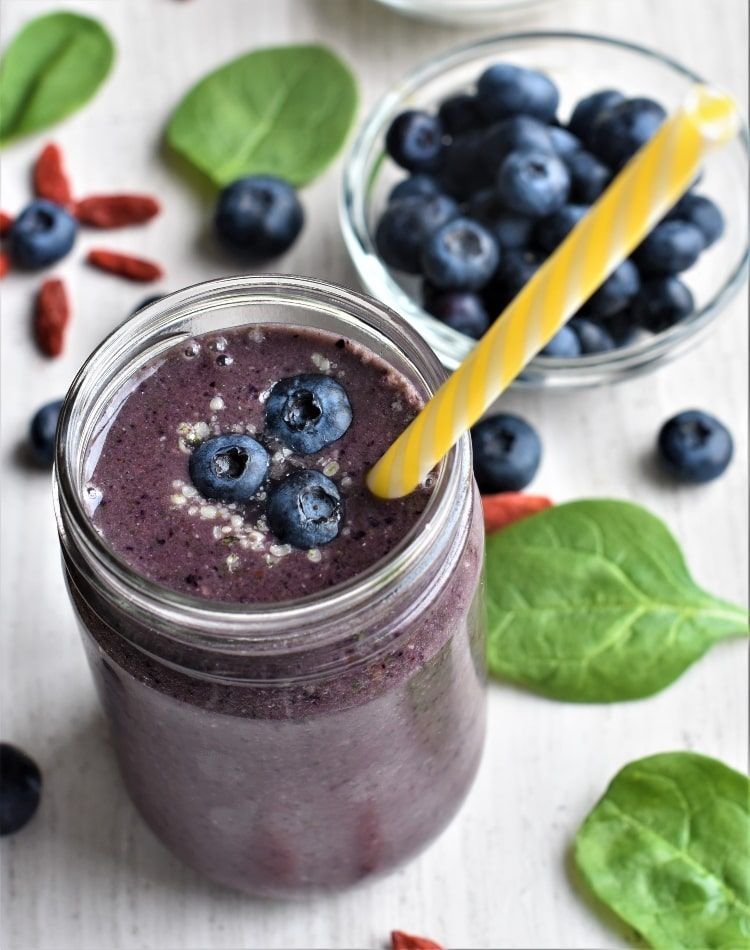
Why it’s a Memory Marvel:
Blueberries:A true superstar, providing flavonoid antioxidants that protect brain cells and improve cognitive function.
Spinach:Loaded with Vitamin K, folate, and beta-carotene, all crucial for nerve cell function and memory.
Avocado:Offers healthy monounsaturated fats for improved blood flow to the brain and essential nutrients for cell membranes.
Chia Seeds:A fantastic source of Omega-3 fatty acids (ALA), which are vital for brain development and cognitive performance.
Almond Milk:A good base that’s lower in saturated fat than dairy and contains Vitamin E for antioxidant support.
Banana:Provides natural sweetness and a good source of potassium for overall nerve function.
Ingredients:
- 1 cup unsweetened almond milk (or your preferred milk)
- 1/2 cup frozen blueberries
- 1 cup fresh spinach (packed)
- 1/4 ripe avocado
- 1 tablespoon chia seeds
- 1/2 frozen banana
- Optional: 1/2 inch fresh ginger (for an extra anti-inflammatory kick)
Instructions:
1. Combine all ingredients in a high-speed blender.
2. Blend until smooth and creamy. If too thick, add a little more almond milk until desired consistency is reached.
3. Pour into a glass and enjoy immediately for optimal freshness and nutrient absorption.
This smoothie is a delicious and convenient way to get a concentrated dose of brain-boosting nutrients, helping you stay sharp and focused throughout your day!
The Wellness Warrior’s Approach to Brain Health
Incorporating these brain-boosting foods into your daily diet is one of the best ways to support your memory and overall cognitive health. Remember, consistency is key. While specific foods have significant benefits, the best approach is a balanced diet rich in nutrient-dense foods, similar to the Mediterranean diet, which has been widely studied for its positive effects on brain health and a reduced risk of neurodegenerative diseases.

Beyond diet, remember that physical activity, adequate sleep, stress management, and mental stimulation also play a major role in maintaining a healthy brain. As Wellness Warriors, let’s empower ourselves with the knowledge that our food choices are powerful tools in boosting brain function and protecting against cognitive decline. Next time you’re planning your meals, consider these brain-friendly options and fuel your mental performance for a sharper, more vibrant you!

